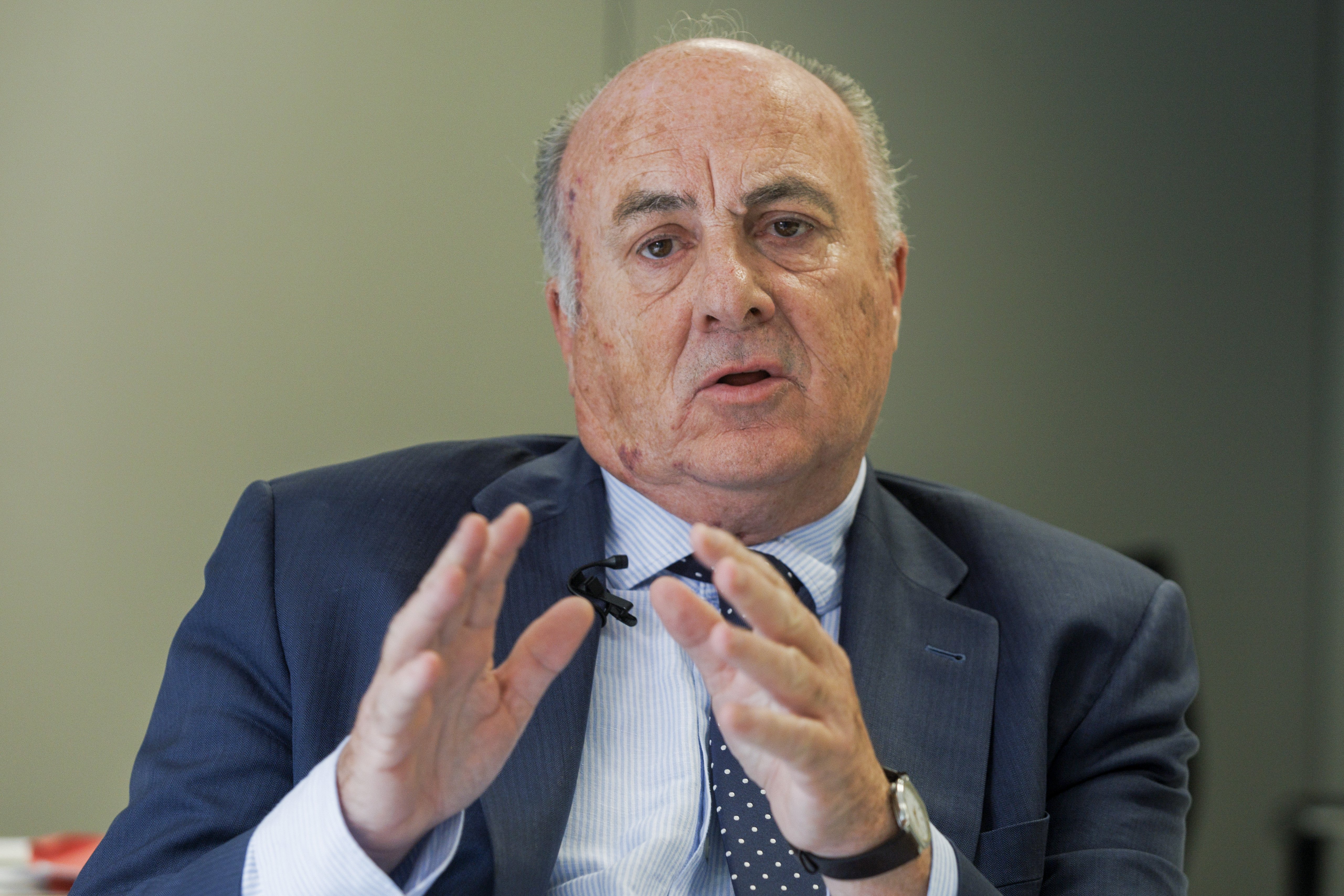More pronouncements in favour of applying the amnesty law. The prosecutors of Spain's National Audience court have responded to judge Manuel García-Castellón that the amnesty must be applied to the ten people investigated for terrorism in the cause of the Democratic Tsunami. The prosecutor Miguel Ángel Carballo asserts that "it is clear, without the need for any effort or intellectual development", that the protests following the sentence of the 2019 pro-independence leaders' trial have a "clear" fit in the law's scope. He emphasizes that the case contains "none of the exclusions provided for by the law" and nor does it contains any that, "hypothetically, for dialectical purposes, one could consider as applying to the facts of the case, as they were configured" by judge García-Castellón. "The death of a tourist at Barcelona-El Prat airport has no causal relationship with the rally called by the Tsunami, and even less can it be imputed to any of those who are investigated" given its "absolute unforeseeability", he adds.
On the other hand, the anti-independence group Societat Civil Catalana (SCC) is the first private prosecution that has asked the National Audience judge to "suspend" the application of the amnesty to the ten defendants in the Tsunami case and send a preliminary question to the European Court of Justice (ECJ) because, in their opinion, the law to wipe out these crimes "violates principles and provisions" of European law. Specifically, they propose that the judge ask five questions to the ECJ, according to the text communicated to the parties in the case this Thursday. For example, SCC questions that the law allows the lifting of interim measures, such as the arrest warrants, although, for now, this does not affect those under investigation by Tsunami, but rather the Catalan president-in-exile, Carles Puigdemont, in the Supreme Court case centred on the referendum. In addition, the text maintains that the new law favours pro-independence politicians over society in general. It is planned that the rest of the private prosecutions in the case - those conducted by Vox, by two injured policemen, and by other Spanish nationalist organizations - will do the same.
But, far from all this, the public prosecutors request that a declaration of "the extinction of criminal responsibility" be made for the facts in this case and that "dismissal of the case" be decreed. The parties have until next week to pronounce on "the applicability or inapplicability" of the amnesty and then it will be García-Castellón who will have to make a decision. Apart from the ten investigated in the National Audience, the Tsunami case also has one foot in the Supreme Court, where the two elected officials accused in the case, Carles Puigdemont and Ruben Wagensberg, are under investigation.
"Not even hypothetically" were serious, intentional human rights violations seen
The prosecutors' six-page brief dismisses García-Castellón's arguments. It again contradicts the terrorism investigation promoted by the judge and emphasizes that "it is not seen that the events, even hypothetically, intentionally caused serious violations of human rights", in particular those regulated under Articles 2 and 3 of the Convention for the Protection of Human Rights, which refer to the right to life and the right not to suffer torture or degrading treatment. This is exactly the exception that the political parties who negotiated the text - the PSOE, Junts and ERC - agreed on to ensure that those accused in the Tsunami case would be included in the application of the amnesty. In addition, the text points out that "those who were seriously injured were the demonstrators themselves as a result of their own actions".
The prosecutors' text maintain that "there is no evidence" that those investigated committed "willful acts that have caused death, abortion, injury to the fetus or loss of the use of an organ, limb or sense, as well as impotence, sterility or serious deformity". In relation to the injuries suffered by people present at the airport or by injured policemen in a "demonstration not directly called by the Tsunami", it emphasizes that "there is no message or any incitement, induction or provocation to cause serious injuries to any person" by on the part of the convenors, so they "cannot in any way be attributed willful responsibility". The prosecutor Miguel Ángel Carballo states that, since the judge's decision of November 6th, there has been "no progress in the investigation nor have specific people been imputed for the facts" and he concludes that in the testimonies taken by García-Castellón, "no injury with serious consequences", as established in the amnesty law, has been accredited.
Prosecutors also asks Supreme Court to grant amnesty to all those accused in 1-O and Tsunami case
This position by the prosecutors in the National Audience comes the day after the Supreme Court prosecutors also issued their final opinion, which came after the Board of Prosecutors endorsed the pronouncement of the state's prosecutor general. The two prosecutors of the Supreme Court appointed by Álvaro García Ortiz (Ángeles Sánchez Conde, lieutenant prosecutor of the Supreme Court, and Joaquín Sánchez-Covisa, chief prosecutor of the criminal division of the Supreme Court) maintain that all the cases related to the independence process that the high court has on the table must be amnestied. This includes those led by Pablo Llarena, with Carles Puigdemont, Toni Comín, Lluís Puig and Marta Rovira as defendants, that of Manuel Marchena, with Oriol Junqueras, Raül Romeva, Jordi Turull and Dolors Bassa (convicted in the sentence of October 14 of 2019) and Clara Ponsatí (accused), and that of Susana Polo, with Carles Puigdemont and Ruben Wagensberg investigated for terrorism over the Tsunami. In all three cases, prosecutors favour amnestying all people involved because they consider that all crimes are included in the scope of the amnesty.

